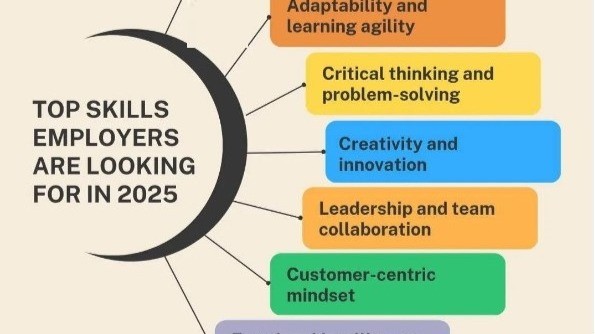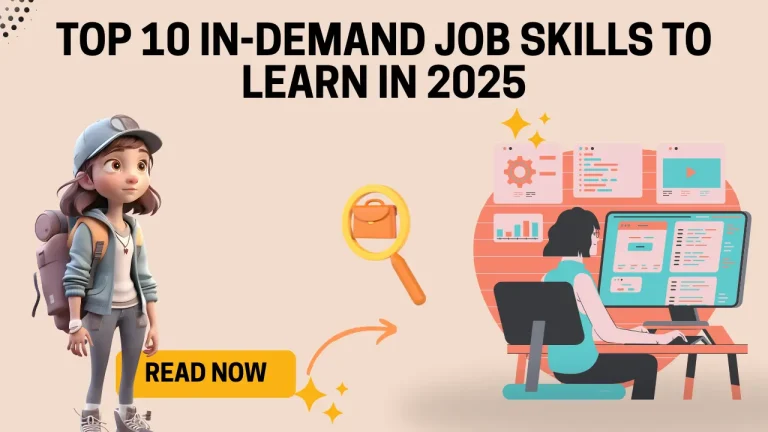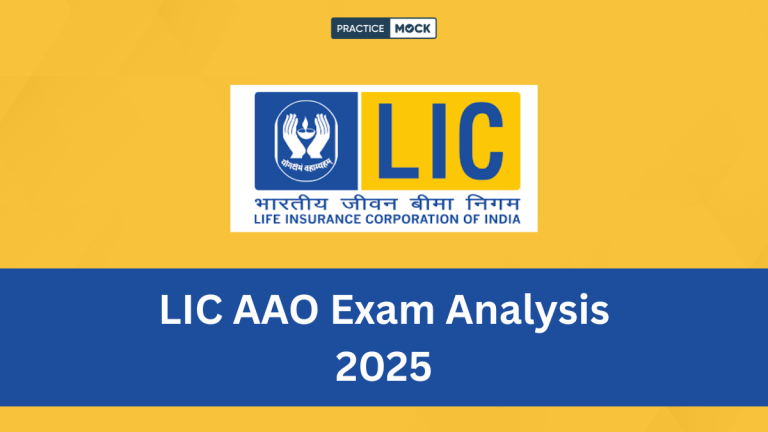Skill-first hiring and niche master’s programmes 2025
Why 2025 Marks a Turning Point in Careers
The global job market in 2025 is undergoing a radical transformation. Employers are no longer simply prioritizing degrees from prestigious universities. Instead, a skill-first hiring model is reshaping recruitment across industries—especially in AI-driven technology, renewable energy, and sustainability sectors.Skill-first hiring and niche master’s programmes 2025
At the same time, career-oriented professionals are increasingly turning to specialized master’s programmes such as Quantum Technology, Climate Finance, Green Engineering, and Data Ethics. These niche pathways not only build credibility but also help workers remain competitive in a future where traditional qualifications are losing ground.
This article explores the rise of skill-first hiring and why niche postgraduate programs are becoming gateways to thriving careers.
What is Skill-First Hiring?
Skill-first hiring is the practice of evaluating candidates based on practical abilities, certifications, and experience rather than their academic pedigree alone. Companies now emphasize:
-
Technical skills (AI, data science, quantum computing, renewable energy systems)
-
Soft skills (problem-solving, communication, adaptability, leadership)
-
Industry certifications (Google AI certifications, AWS Cloud, PMI project management, LEED green building accreditation)
A LinkedIn 2024 report showed that 75% of recruiters in the U.S. and Europe believe skills are more important than degrees when hiring for emerging roles (LinkedIn Future of Work).
This is particularly true in AI-related jobs, clean energy projects, and sustainability-focused industries, where hands-on expertise matters more than theory.
Why Employers are Shifting Towards Skills Over Degrees
AI and Automation
With AI disrupting industries from healthcare to finance, employers need workers who can apply tools immediately, not just understand them theoretically.
Talent Shortages
According to the World Economic Forum, over 85 million jobs could be displaced by AI, but 97 million new roles will emerge by 2030 in areas like green tech, robotics, and data science.
Green Transition
The International Labour Organization (ILO) projects that the global shift to renewable energy could create 24 million jobs by 2030. Companies are prioritizing applicants with solar installation, wind energy engineering, and climate data modeling skills.
Cost Efficiency for Employers
Hiring based on demonstrated skills reduces training costs, since candidates can contribute value from day one.
Outbound link: World Economic Forum – Jobs of Tomorrow
The Rise of Niche Master’s Programmes [Skill-first hiring and niche master’s programmes 2025]
While skill-first hiring is on the rise, many professionals recognize that niche postgraduate degrees provide a structured way to acquire specialized expertise.
Examples of In-Demand Niche Master’s in 2025
-
Master’s in Quantum Technology
-
Focus: quantum computing, cryptography, quantum networks.
-
Career Pathways: cybersecurity, AI simulation, financial modeling.
-
-
Master’s in Green Finance
-
Focus: climate finance, ESG investing, carbon accounting.
-
Career Pathways: sustainable banking, impact investment funds, corporate ESG departments.
-
-
Master’s in AI Ethics & Data Governance
-
Focus: regulating AI systems, preventing bias, data protection.
-
Career Pathways: AI policy advisors, compliance officers, ethical AI consultants.
-
-
Master’s in Renewable Energy Engineering
-
Focus: solar, wind, hydrogen, and bioenergy technologies.
-
Career Pathways: energy companies, government projects, sustainability start-ups.
-
Outbound link: MIT Technology Review – Future Skills
Case Study – How Skill-First Hiring Works in Practice
Let’s consider Tesla Energy and Siemens Gamesa (wind energy). Both companies are actively recruiting green engineers. Instead of requiring traditional master’s degrees, they shortlist candidates with:
-
Hands-on project portfolios (e.g., renewable energy prototypes)
-
Certifications (solar PV installation, project management)
-
Internship experience in green start-ups
Similarly, IBM Quantum actively hires physics and computer science graduates who can demonstrate practical quantum programming skills, regardless of whether they studied at an Ivy League university.
This is proof that demonstrated ability > academic reputation.
Career Resources on travel.scholarshipntoday.com
If you’re a professional in Africa, Asia, or other regions looking to prepare for this shift, you can also check:
These guides combine work and study opportunities, perfect for building skills-first career pathways abroad.
Preparing for a Skill-First Future – How to Stay Competitive
-
Build a Skills Portfolio
-
Showcase projects on GitHub, LinkedIn, or personal websites.
-
-
Earn Certifications
-
Google, AWS, Microsoft, PMI, and Coursera certificates are recognized globally.
-
-
Mix Experience with Education
-
A niche master’s + real-world internships = powerful career combination.
-
-
Leverage Career Mobility
-
Use EU portals like EURES to apply for skill-first jobs in Europe.
-
-
Stay Future-Proof
-
Invest in AI, green energy, and ethics skills to remain relevant as industries transform.
- Skill-first hiring and niche master’s programmes 2025
-
FAQs
Q1: What is skill-first hiring in 2025?
A: Skill-first hiring means employers prioritize practical abilities and certifications over traditional degrees when selecting candidates.
Q2: Which sectors are adopting skill-first hiring fastest?
A: AI, renewable energy, data science, cybersecurity, and sustainable finance.
Q3: Are master’s degrees still important?
A: Yes, but niche master’s programmes like quantum tech, green finance, and AI ethics are more valued than generic ones.
Q4: Can international students benefit from this shift?
A: Absolutely. By combining visa-sponsored jobs with specialized master’s, international professionals can fast-track global careers.
Q5: How can I prepare for skill-first hiring?
A: Focus on building a portfolio of projects, certifications, and internships that demonstrate expertise.
Conclusion
The future of work in 2025 and beyond will not be about where you studied, but what you can do. The rise of skill-first hiring in AI, green sectors, and sustainability proves that practical expertise beats traditional prestige.
At the same time, professionals seeking credibility and specialization are turning to niche master’s programmes like Quantum Technology, Green Finance, and AI Ethics—programs aligned with industries that will dominate the next decade.
If you’re planning your career in 2025, the smartest strategy is a hybrid approach: gain practical skills through certifications and projects, while also pursuing a specialized master’s to remain competitive in the global workforce.







